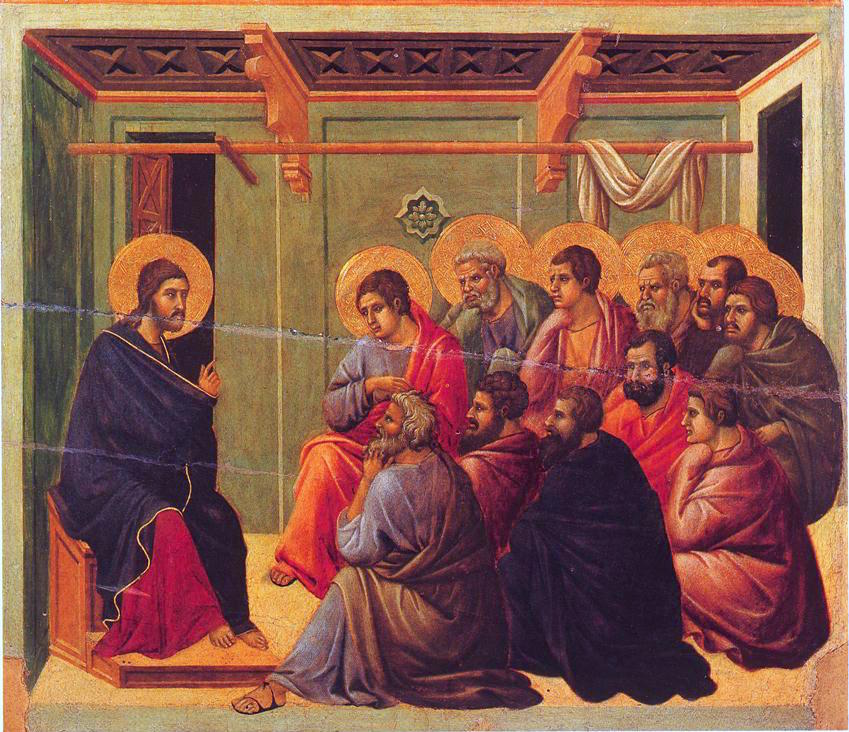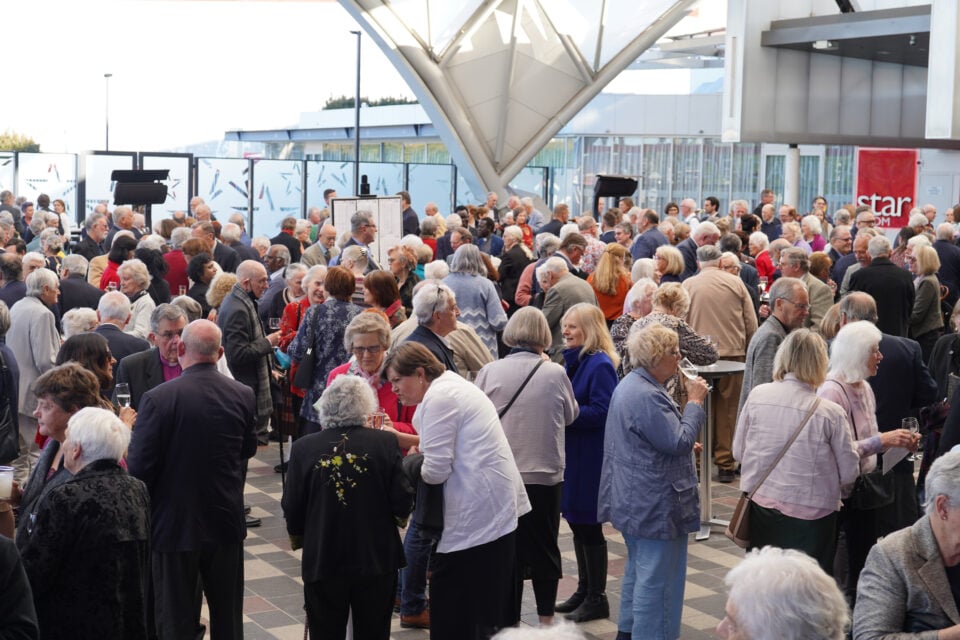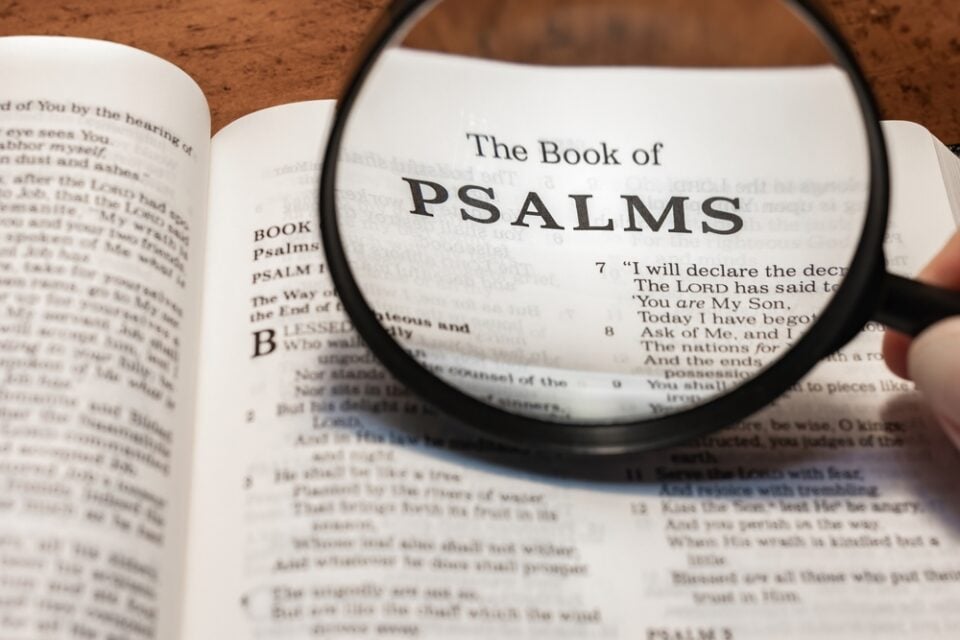by John Littleton
Currently members of the worldwide Anglican Communion are discussing discipleship and ministry. In his address to our Diocesan Synod October 2021, Archbishop Geoff spoke about helping the People of God in this Diocese to grow in ministry discipleship. People of God is a well-known biblical term used to describe and understand the inclusive, holistic, and serving nature of the Christian Church.
In thinking about this topic for many years I have found our Anglican Prayer Books helpful.
Anglican Prayer Books suggest ways of describing discipleship ministry and provide insights into strengthening that ministry in the cause of God’s purposes through Jesus Christ.
The American Episcopal Church’s Book of Common Prayer 1979 describes the ministers of the Church as “lay persons, bishops, priests and deacons”. The ministry of lay persons “is to represent Christ and his Church; to bear witness to him wherever they may be; and, according to the gifts given them, to carry on Christ’s work of reconciliation in the world; and to take their place in the life, worship, and governance of the Church”.
A New Zealand (Anglican) Prayer Book 1989 describes the ministers of the Church as “lay persons, deacons, priests, bishops; all the baptised”. From baptism, the vocation of lay persons “is to witness to Christ in the world using their gifts the Spirit gives them. Within the Church they share in the leadership of worship and government”.
Christ offers himself to the church, the People of God, to nourish and strengthen them for ministry.
In A Prayer Book for Australia, The Anglican Church of Australia 1995, those being ordained priest are asked the question “Will you encourage and enable those committed to your care to fulfil their ministry and mission in the world?” Clergy disciples (1 per cent of the church membership) collaborate with others to enable and equip all disciples (99 per cent of church membership) for their ministry and mission in the church and the world.
In the concluding section of The Holy Communion Second Order Service in A Prayer Book for Australia these two headings attract attention: “The gifts of God for the people of God”, and “The Sending Out of God’s People”.
During the sacrament of Holy Communion disciples receive God’s gifts of bread and wine as effective signs of the reality of Christ’s living and real presence. Christ offers himself to the church, the People of God, to nourish and strengthen them for ministry. Through worship in prayer, fellowship, Scripture, theological reflection, and communion “God’s people are gathered, taught, fed and equipped for ministry” as Charles Sherlock wrote.
God’s People are then dismissed and sent out strengthened by their worship together to “go in peace to love and serve the Lord: in the name of Christ”; sent for the mission to which God calls us in life, in our homes, schools, work and leisure places. Ministry discipleship is set within the context of God’s mission, missio dei.
Thinking about the discipleship and ministry of all church members, all members of the People of God through God’s grace, began many years ago. Such thinking derives from and is sanctioned by Scripture, endorsed by five Lambeth Conferences, mentioned in six sessions of the Anglican Consultative Council of the Anglican Communion, and articulated in an extensive literature, both Anglican and ecumenical, through the World Council of Churches and the Roman Catholic Church.
The words ‘layman’ or ‘laywoman’ … undervalue the vocation of Christian disciples
My long article published September 2021 in the International Journal of Anglican Studies adds to the literature. After providing reasons, evidence, and examples I conclude that the journey of the Anglican Church towards prioritising a theology of the People of God understanding of the Church as the basis for discipleship and ministry practice, must continue.
Three of the article’s conclusions involve understanding the Church as The People of God, ecclesial language, and the processes of Anglican Synods.
First, discipleship and ministry are to be based on an understanding of the church as the People of God, where an equality of discipleship exists through baptism into Christ, and all members share the ministry of Christ as disciples. All disciples are to be nourished, equipped, helped, and sustained for their functions and ministries as everyday disciples, local leaders, deacons, priests, and bishops.
Second, church members are invited to stop using the ‘clergy and laity’ dualistic language and instead use ‘discipleship’ language, referring to disciples of different kinds who have a variety of designated responsibilities, leadership roles and functions. In the vocabulary of the New Testament no distinction is made between lay people and clerics. Laity (laikos) is not a biblical word. The first known Christian usage of the term laity was towards the end of the first century around AD 96. During church history, the laity have usually been seen as Christians who were not clergy.
The words ‘layman’ or ‘laywoman’ in the church context today are misnomers and undervalue the vocation of a Christian disciples who constitute ninety-nine percent of church membership. Dictionaries define a lay person as a person who is non-clerical or not a member of the clergy, and a person who is without professional or special knowledge of a particular subject. Let us define the discipleship and ministry of ninety nine percent of the church membership positively, by what it is, rather than by what it is not; not qualified and not clergy. Members of the Anglican Church who are everyday disciples and local leaders need to become increasingly conscious of their vocation as disciples and ministers of Jesus Christ in their own right.
Third, members of a Bishop-in-Synod are encouraged to change the processes of Synod, from a parliamentary model to a laos People of God model, one whole community of faith, discerning and voting together as disciples, with one vote for each person and, in general, the majority vote would decide the issues before the Synod. For the world-wide Anglican Communion Bishop-in-Synod is a key aspect of polity. A parliamentary model is generally used in Anglican Diocesan Synods, three houses: the Diocesan bishop, the clergy, and the laity; with the bishop having a power of veto in certain circumstances.
General Synod may need to change from a parliamentary system of adversarial debate … in favour of the greater application of consensus building modes
The parliamentary model for Synod has so far served the church well by involving church members in decision- making. However, the time may have come to reconsider this democratic parliamentary model for Synod. In A Polity of Persuasion Bishop Jeffrey Driver suggested that General Synod may need to change from a parliamentary system of adversarial debate as a dominant way of doing formal business in favour of the greater application of consensus building modes of being together as Synod, like the small step of introducing group discussion and studies.6
Synod, I suggest, could be seen as a community of disciples where all have an equal vote after participating in a communal discernment process. There would be no right of veto for the bishop, no voting by the three houses as a general rule. In general the majority vote would decide the issues before the Synod.
The People of God understanding of the nature of the Christian Church provides a strong biblical foundation for discipleship, ministry, and mission ‘in the name of Christ’.
The Anglican church is challenged to move further towards practising a Laos-People of God, community of faith perspective, to better serve and enhance God’s universal and missionary purposes in Jesus Christ.
The full article is available through my website https://www.tjhlittleton.com and/or attainable in a hard copy to borrow from the Library at St Barnabas Theological College. https://www.sbc.edu.au › library
The article “The People of God, Discipleship and Ministry in the Anglican Church Today and Tomorrow” is published online, by Cambridge University Press, September 9, 2021 in the Journal of Anglican Studies






